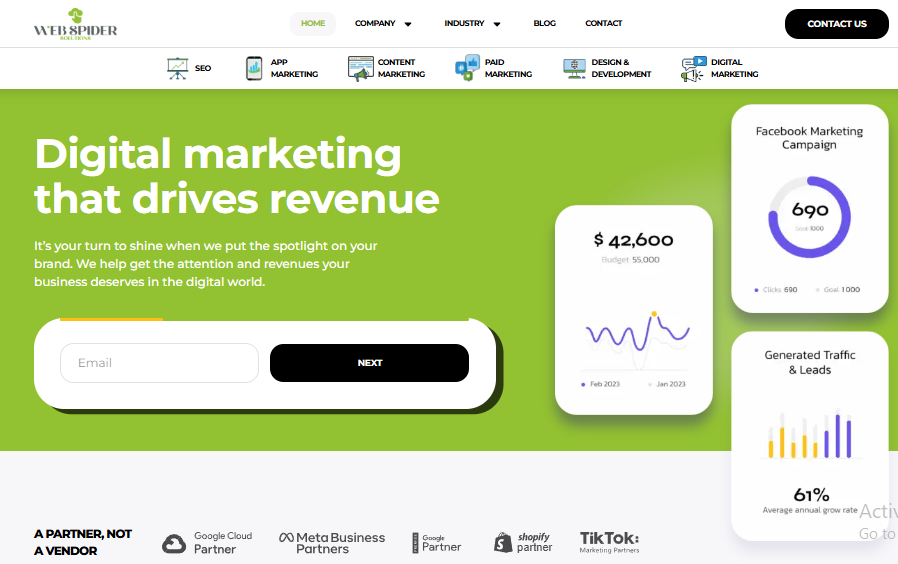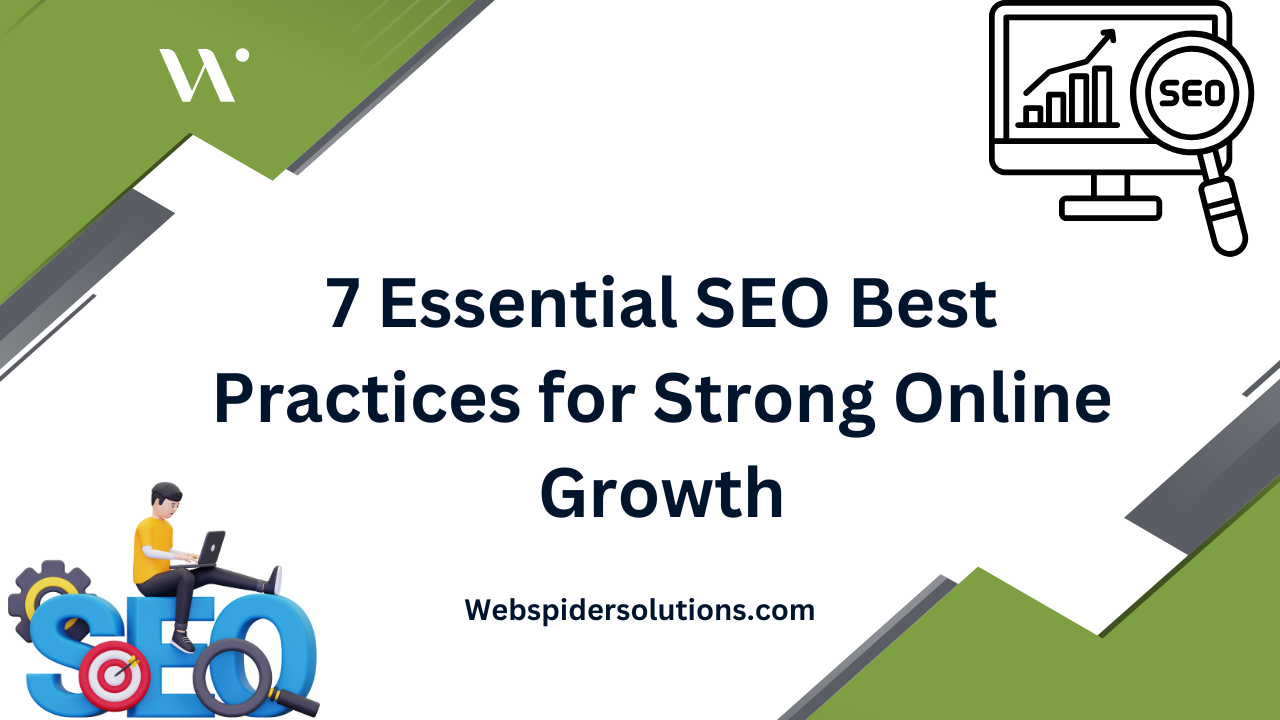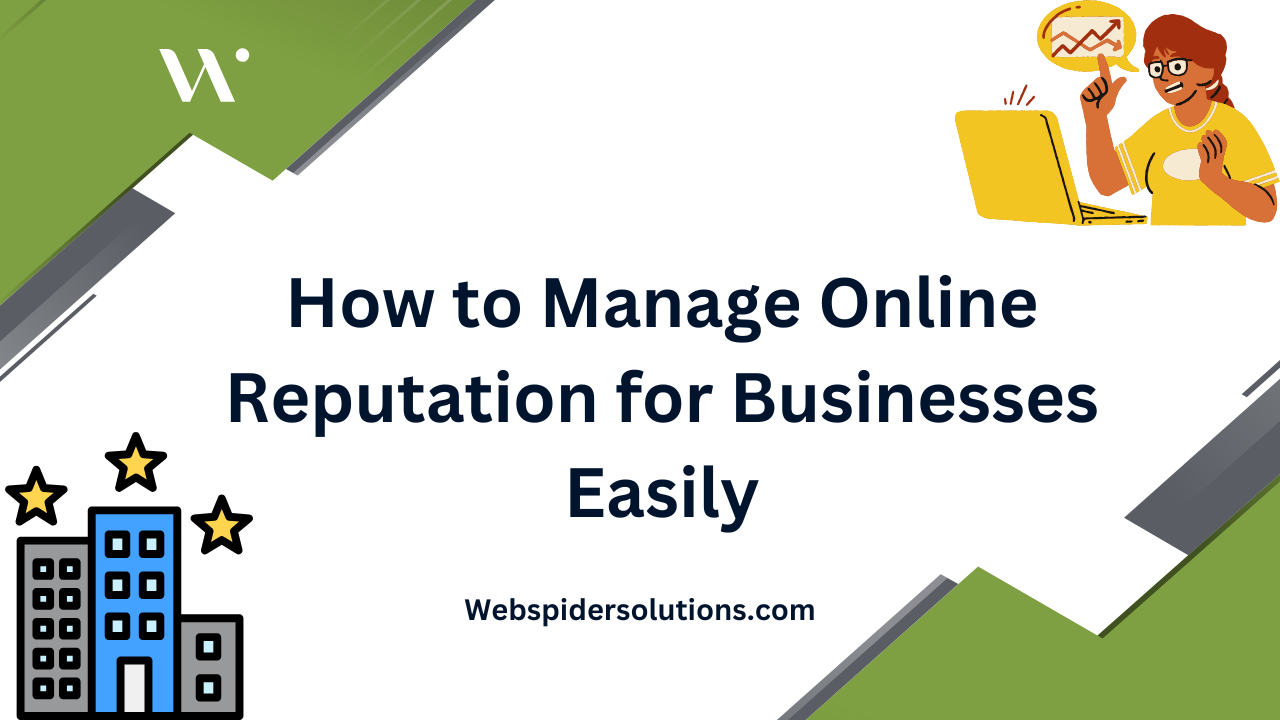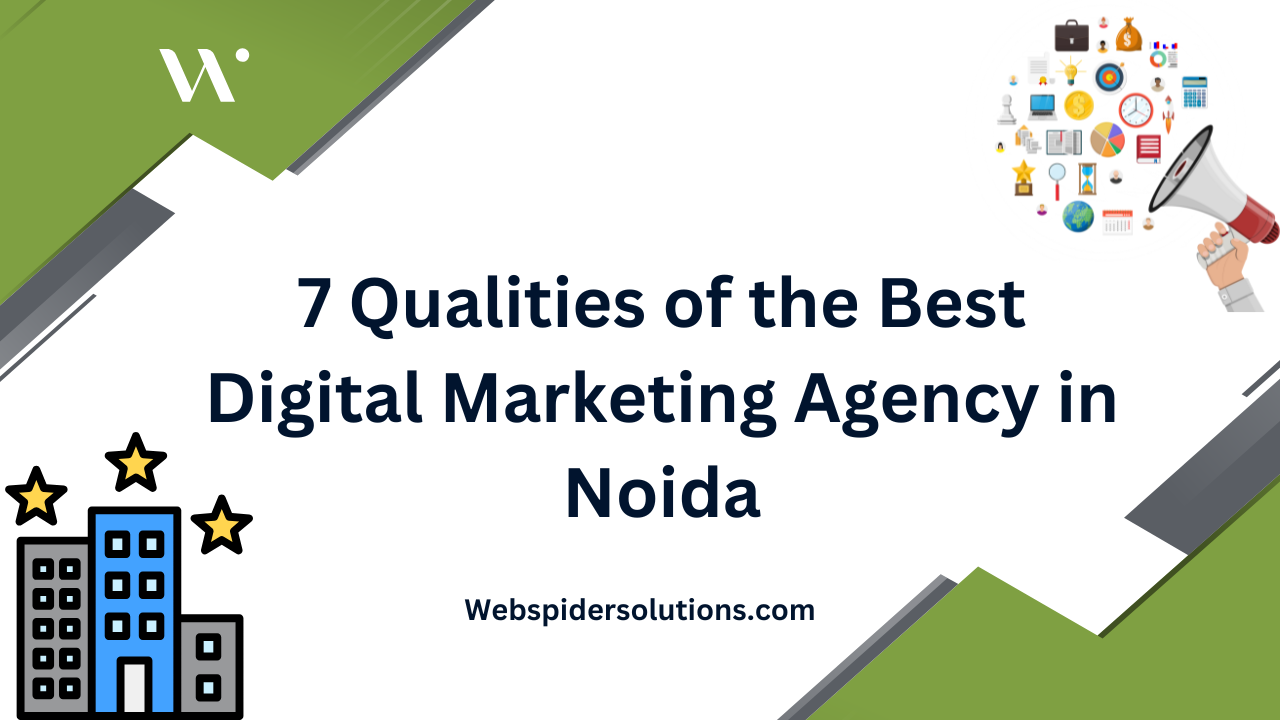SEO drives the way people discover businesses online. Websites that land on the first page of Google attract around 95 percent of web traffic. That sounds like a digital gold rush. But most business owners have no idea how that traffic gets won or lost. The real surprise is that mastering just a few key SEO terms can change the whole outcome.
Table of Contents
- What Is Seo And Why Is It Important For Businesses?
- Key Terms In Seo: Understanding Search Engines And Rankings
- The Role Of Keywords And Content In Seo Strategy
- Exploring On-Page And Off-Page Seo Concepts
- Measuring Seo Success: Analytics And Metrics Explained
Quick Summary
| Takeaway | Explanation |
|---|---|
| SEO boosts online visibility | Search Engine Optimization enhances website ranking on search engines like Google. |
| Keywords are essential | Keywords link user intent with website content, influencing search rankings. |
| On-page and off-page matter | Both strategies are vital; on-page optimizes content, while off-page builds authority. |
| Measure performance regularly | Track metrics like organic traffic and conversion rates to assess SEO success. |
| Content quality drives results | High-quality, relevant content meets user needs and satisfies search engine algorithms. |
What is SEO and Why is it Important for Businesses?
Search Engine Optimization (SEO) represents a strategic digital marketing approach designed to enhance a website’s visibility and ranking on search engine results pages. By understanding and implementing basic SEO terminology, businesses can significantly improve their online presence and attract more potential customers.
Understanding SEO Fundamentals
At its core, SEO involves optimizing web content to meet search engine algorithms’ requirements, making websites more attractive and relevant to both users and search platforms like Google. Learn more about search optimization techniques to understand how businesses can improve their digital strategy.
SEO works through multiple interconnected strategies:
- Keyword research and strategic implementation
- Creating high-quality, relevant content
- Building authoritative website backlinks
- Improving website technical performance
- Enhancing user experience and site navigation
Business Impact of Effective SEO
Businesses investing in SEO can experience substantial benefits. According to Ahrefs research, websites ranking on the first page of Google receive approximately 95% of web traffic, demonstrating the critical importance of strong search engine positioning.
Successful SEO helps businesses:
- Increase organic website traffic
- Build brand credibility and trust
- Generate high-quality leads
- Reduce digital marketing expenses
- Outperform competitors in online visibility
By mastering basic SEO terminology and implementing strategic optimization techniques, companies can transform their digital marketing approach and achieve sustainable online growth.
Key Terms in SEO: Understanding Search Engines and Rankings
Mastering basic SEO terminology requires understanding how search engines evaluate and prioritize web content. These complex digital systems use sophisticated algorithms to determine website relevance, authority, and user value. Explore advanced search term strategies to gain deeper insights into ranking mechanics.
Search Engine Ranking Fundamentals
Search engines like Google employ intricate ranking algorithms that analyze multiple website characteristics to determine search result placement. According to Michigan State University, these evaluations consider several critical factors:
- Content relevance and quality
- Website loading speed
- Mobile responsiveness
- User engagement metrics
- Backlink profile strength
- Technical website infrastructure
Critical SEO Terminology
To navigate the complex world of search optimization, businesses must understand key technical terms that influence digital visibility:
- Keywords: Specific words or phrases users search to find content
- Crawling: Process where search engines discover and scan web pages
- Indexing: Storing and organizing content discovered during crawling
- Page Ranking: Determining a webpage’s position in search results
- Organic Traffic: Visitors arriving through unpaid search results
By comprehending these fundamental concepts, businesses can develop more strategic approaches to improving their online presence and attracting potential customers through intelligent search engine optimization techniques.
For quick reference, the following table defines some of the most important SEO terms introduced in the article, allowing readers to review foundational terminology and their meanings at a glance.
| SEO Term | Definition |
|---|---|
| Keyword | Specific word or phrase users type into search engines to find content |
| Crawling | The process where search engines discover and scan web pages |
| Indexing | Storing and organizing content discovered during crawling |
| Page Ranking | The position of a webpage in search engine results |
| Organic Traffic | Website visitors arriving through unpaid search results |
| Bounce Rate | Percentage of visitors leaving after viewing only one page |
| Conversion Rate | Percentage of visitors completing a desired action (e.g., a purchase) |
The Role of Keywords and Content in SEO Strategy
Keywords represent the foundational building blocks of effective SEO strategy, serving as critical communication bridges between user search intent and website content. Discover advanced keyword research techniques to elevate your digital marketing approach.
Understanding Keyword Dynamics
Keywords are more than simple words users type into search engines.
According to research from California State University, they function as nuanced signals that help search algorithms interpret and categorize web content with remarkable precision.
Effective keyword strategies involve:
- Identifying user search patterns
- Analyzing competitive keyword landscapes
- Matching content with specific user intentions
- Balancing broad and long-tail keyword approaches
- Maintaining natural, conversational content flow
Content Quality and Keyword Integration
Successful SEO demands more than keyword placement. High-quality, relevant content that genuinely addresses user queries remains paramount. Search engines increasingly prioritize:
- Comprehensive information
- Clear, engaging writing
- Contextual keyword usage
- Authentic value for readers
- Consistent content updates
By understanding the symbiotic relationship between keywords and content, businesses can create digital strategies that simultaneously satisfy search engine algorithms and provide meaningful information to their target audiences.
Exploring On-Page and Off-Page SEO Concepts
SEO strategies are fundamentally divided into two critical domains: on-page and off-page optimization. Dive deeper into on-page optimization strategies to enhance your digital marketing approach and improve search engine rankings.
On-Page SEO Fundamentals
On-page SEO represents the strategic optimization of individual web pages to improve search engine rankings and attract more relevant traffic. These tactics focus on elements directly within a website that can be controlled and modified by website owners:
- Optimizing page titles and meta descriptions
- Creating high-quality, keyword-rich content
- Improving website loading speed
- Ensuring mobile responsiveness
- Implementing clear website structure and navigation
- Using header tags effectively
- Adding internal linking strategies
Off-Page SEO and External Factors
Off-page SEO encompasses activities performed outside the website to improve search engine rankings. These strategies focus on building website authority and credibility through external validation.

Key components include:
- Building high-quality backlinks from reputable websites
- Developing robust social media presence
- Creating shareable and engaging content
- Managing online brand reputation
- Participating in industry forums and discussions
- Generating positive user reviews and mentions
- Establishing digital partnerships and collaborations
By understanding and strategically implementing both on-page and off-page SEO techniques, businesses can create a comprehensive optimization approach that significantly enhances their digital visibility and search engine performance.
To help readers understand the difference between on-page and off-page SEO, the table below compares their core components and approaches, making it easy to distinguish between these two central SEO concepts.
| Aspect | On-Page SEO | Off-Page SEO |
|---|---|---|
| Focus Area | Elements within the website | Activities outside the website |
| Key Actions | Optimizing titles, content, structure, and speed | Building backlinks, managing reputation |
| Control | Fully controlled by website owners | Relies on external sources and validation |
| Examples | Meta tags, internal linking, mobile responsiveness | Social media, guest posting, user reviews |
| Main Objective | Improve content relevance and user experience | Increase authority and credibility |
Measuring SEO Success: Analytics and Metrics Explained
Effective SEO strategy extends beyond implementation, requiring consistent measurement and analysis to understand performance and drive continuous improvement. Explore comprehensive digital marketing performance tracking to maximize your online visibility and return on investment.
Essential SEO Performance Metrics
According to Ohio State University’s Marketing and Communication research, tracking key performance indicators helps businesses understand their digital marketing effectiveness. Critical SEO metrics provide insights into website performance and user engagement:
- Organic Traffic: Number of visitors from search engines
- Keyword Rankings: Position of website pages in search results
- Bounce Rate: Percentage of users leaving after viewing one page
- Click-Through Rate (CTR): Ratio of users clicking on search listings
- Conversion Rate: Percentage of visitors completing desired actions
- Page Load Speed: Time taken for webpage to become fully interactive
Advanced Analytics and Strategic Interpretation
Successful SEO measurement involves more than collecting data.

Strategic interpretation transforms raw numbers into actionable insights. Businesses should focus on:
- Identifying trends and patterns in user behaviour
- Understanding which content drives most engagement
- Recognizing potential technical optimization opportunities
- Comparing performance against industry benchmarks
- Aligning metrics with specific business objectives
By systematically analyzing these metrics, businesses can refine their SEO strategies, improve online visibility, and create more effective digital marketing approaches that deliver tangible results.
Turn SEO Knowledge Into Real Business Growth
Struggling to keep up with keywords, content quality, and the shifting world of search engine rankings? It’s common for growing businesses to feel overwhelmed when trying to match SEO terminology with day-to-day marketing success. If you’re unsure about the meaning of crawling, indexing, or on-page strategy, you might already be missing out on valuable customers—and losing ground to competitors who understand how these pieces connect.
Dive deeper into proven strategies within our Stories Archives and discover how other businesses have turned confusion into clarity.

Ready to see your learning pay off? Don’t let complex SEO terms slow your business down. Claim your advantage and partner with the experts at Web Spider Solutions to translate SEO know-how into high rankings, increased traffic, and stronger sales. Take action now and secure your free strategy consultation to unlock lasting digital growth.
Frequently Asked Questions
What is SEO and why is it important for businesses?
SEO, or Search Engine Optimization, is a digital marketing strategy aimed at improving a website’s visibility on search engine results pages. It is important for businesses as it increases organic traffic, builds credibility, and helps generate high-quality leads.
What are the key components of an effective SEO strategy?
An effective SEO strategy includes keyword research, high-quality content creation, backlink building, website technical performance improvements, and enhancing user experience and site navigation.
How can businesses measure their SEO success?
Businesses can measure SEO success through key performance metrics such as organic traffic, keyword rankings, bounce rate, click-through rate (CTR), conversion rate, and page load speed. These metrics help assess site performance and user engagement.
What is the difference between on-page and off-page SEO?
On-page SEO focuses on optimizing elements within a website, like page titles and content quality, while off-page SEO involves external efforts, such as building backlinks and social media engagement, to enhance a website’s authority and credibility.
Recommended











